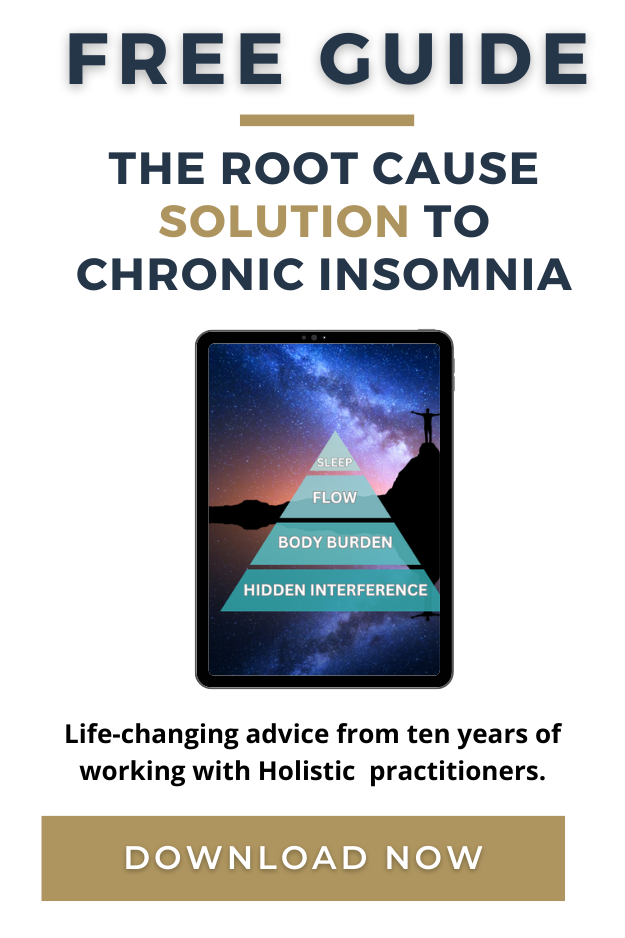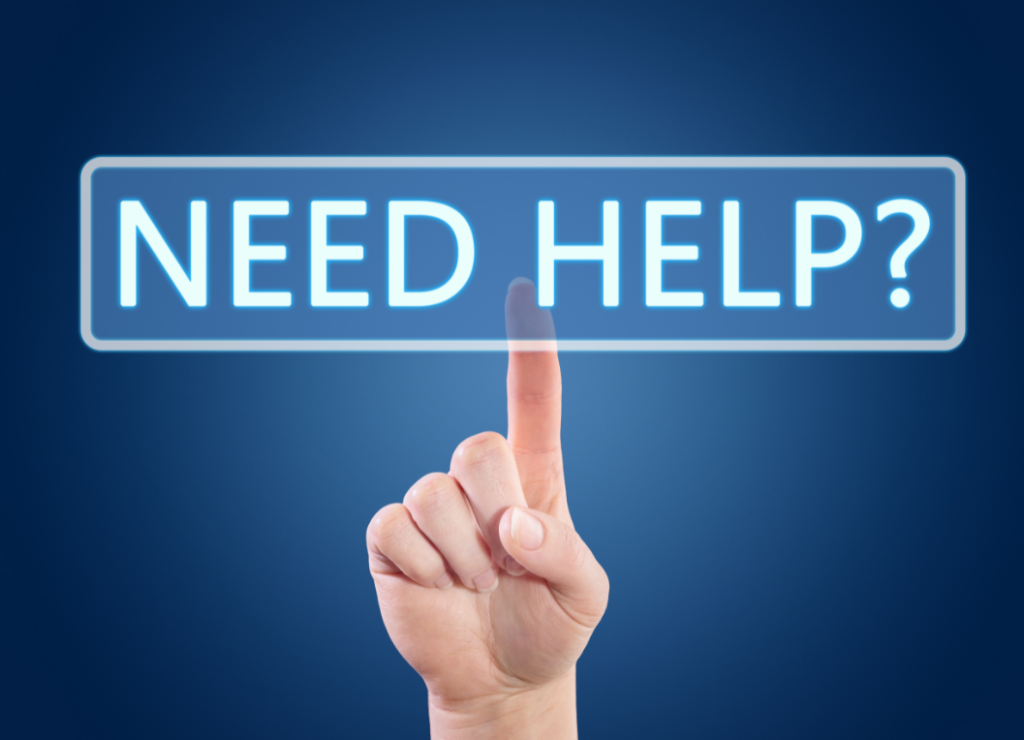Shamans believe that the best and most effective cure for any illness grows within 100 miles of one’s village. Having used Chinese herbal formulas for years I was skeptical of anything local being as effective but that is until I learned about the medicinal powers of hemp plant and its legal, non-psychoactive extract – cannabidiol, aka CBD.
When I say CBD is like magic I really mean it. Hemp is one of the best researched plants for a variety of ailments but my interest, obviously, is how CBD can affect sleep.
Insomnia has a variety of causes and I believe the main ones are a compromised gut, heart issues, poor methylation, HPA axis dysfunction, and mental stress induced anxiety. Any of these can send your sympathetic nervous system into an overdrive and seriously affect homeostasis – your body’s ability to maintain inner balance. On the other hand, anything that can help restore that balance is worthy of highest praise.
Top Ways that CBD Can Have a Positive Impact on Your Sleep
1. Balancing Act
First reason CBD is an exciting supplement for me is because studies show it positively influences our endocannabinoid system. The latter is responsible for all the homeostatic functions of the body. There is promising evidence that cannabidiol can help the body to balance various functions.
2. Lowers Anxiety
Cannabidiol has an anti-anxiolytic effect. In simple terms, it lowers or stops anxiety. Those of you who suffer from chronic anxiety will welcome this as good news – many report that CBD has substantially lowered their anxiety and “chatty mind” which was preventing them from sound sleep.
3. Natural Anti-depressant
Clinical research sees links between depression and sleep: depression can cause poor sleep and lack of sleep can cause depression; it’s often hard to tell which one comes first. Good news is that cannabidiol also acts as anti-depressant. It seems to function similarly to SSRI drugs by boosting serotonin receptor sensitivity in the brain. CBD promotes regeneration of the hippocampus, a region of the brain that plays a role in both depression and anxiety.
4. Reduces Chronic Pain
Ever stayed up at night because of chronic pain issues? CBD can lower pain. People with things like Fibromyalgia, Lupus and other auto-immune conditions report sleeping much better. In fact, it was my friend with Lyme disease who suggested to me to try cannabidiol.
5. Lowers Inflammation
CBD has proven anti-inflammatory properties. Those of us with compromised gut health and methylation issues are very prone to neuro-inflamation. I believe that is what’s kept me up for years.
6. Reduces REM Sleep
Our sleep is divided into different phases throughout the night. Researchers noticed that CBD increases the third phase, this is the one of deep, dreamless sleep. Naturally this reduces the duration of the REM sleep – a phase of dreaming and light sleep. This is also the phase where dreams occur.
All phases of sleep are extremely important and here I doubt that reducing REM sleep is somehow beneficial but anything that deepens and promotes restorative sleep is a winner for me.
7. Can Lower Night Time Cortisol
Those with adrenal fatigue and HPA axis issues know more than well that hormonal balance is one of the most influential factors for sleep. Many insomniacs, myself included, have an inverted cortisol production – low during the day and high at night. If you tend to wake up stressed and restless in the middle of the night unable to fall back asleep then you might have high night time cortisol. If CBD can really help balance the cortisol levels then it is another huge bonus.
8. Increases Dopamine
CBD can positively influence plasma dopamine levels during sleep. This too leads to a more refreshing sleep and can positively impact your overall sleep architecture.
9. Can Lower Histamine & Control Mast Cells
How is this related? Histamine plays many critically important roles in our body but it is also a stimulant and promotes wakefulness. Normally this is not an issue but if your gut and liver is not able to brake it down properly it can accumulate and keep you up at night. This took me forever to figure out but once I did I eliminated high histamine foods, took a non drowsy anti-histamine like Zyrtec and felt a major difference. From there on I was on the quest to control my histamine levels.
Here you need to know a bit about your mast cells – a component of your immune system. When stimulated by stress, allergens, bacteria, viruses and others, mast cells release histamine into the blood stream. If this happens on chronic basis and you combine it with things like poor methylation and leaky gut you will experience symptoms of excess histamine. A study called Cannabinomimetic Control of Mast Cell Mediator Release: New Perspective in Chronic Inflammation,” revealed that cannabidiol help prevent mast cells from releasing histamine into the blood stream as well as generally preventing inflammation.
10. Increases GABA
Dr. Junella Chin, who has been specializing in integrative cannabis medicine for more than 15 years, claims that CBD is a GABA-uptake inhibitor. In short, it creates a surplus of GABA in the brain, resulting in a quieting and calming effect.” If you’ve been around insomnia issues for a while then you know what this really means. Plenty of GABA means no racing thoughts that keep you lying awake in bed at night.
How CBD Oil Can Actually Make Insomnia Worse
CBD Can Be Stimulating
Research shows that CBD affects same brain receptors as coffee and for that reason it can actually induce wakefulness. This is the reason it can be stimulating and can actually make you more alert and energized at night. This is what happened to me so I dug deeper and learned that in general, people report that small to modest dosages of CBD work as a stimulant and large doses have a sedating effect. I tried recommended dosages in the AM and PM and I could definitely tell my sleep got worse when I took it in the evening. This is why I only take small dose in the morning and sometimes a small dose in early afternoon. I’m yet to try a larger dose before bed time. Note that canabinoids have a half-life of about eight hours so count backward from the time you go to bed and take your last dose at that time latest.
Key Points for Experimenting With CBD Oil Correctly
-
-
- Everyone experiences CBD differently. How you react to it will mainly depend on your biochemistry and overall state of affairs of your health. You might get a bump in energy or you may feel tired and sluggish or you may be alternating between the two. Give your body some time to adjust and find new balance.
- CBD can come from two different hemp plant species: Indica or Sativa. Indica is said to be a more relaxing and sedating canabis strain whereas Sativa can be more energizing and alerting. Some argue this is die to a different chemical composition of the plants and others argue that this can not possibly be the case. Anyways, you won’t know till you try so make sure you know which strain you’re getting before experimenting with it. You can try a dose of Sativa in the AM and a dose of Indica in PM. This is generally what I do.
- CBD dosage is a tricky issue because the compound is said to have bi-phasic properties. This means that different dosages can tip you over into a very different state. Kind of like alcohol where the first shot is stimulating and exhilarating and a third shot is making you stupid and sedated. Small dosages of cannabidiol are said to be stimulating and large doses seem to produce a calming effect. My advice would be to start in AM on the weekend with micro dosage and gauge your response. Then try a large dose few days later and see how you feel. It is much better to experiment with this in AM. You’d rather be sedated during the day than be overstimulated at night. Insomniacs like us do not have any sleep hours to waste!
- Delivery method matters. CBD is poorly absorbed if you merely ingest it. This is why most CBD oils will recommend absorbing it sublingualy. Others get the kind you can vape and swear by its effectiveness. I think sublingual is the best way to go because it is easier to count the drops and gauge response but vaping requires smaller quantity and can save you money down the road.
- CBD can be safely combined with other sleep promoting herbals like chamomile, hops, lavender, and passionflower. It is believed there is good synergy between these plants and they potentiate each other’s effect on sleep.
In summary, CBD shows promising wide spectrum healing powers. Obviously, it’s not a panacea but when taken correctly, it seems to have positive effect on the factors that are preventing us from a good night’s rest. Everyone is different in terms of how they process and respond to CBD and this is why you have to arm yourself with patience and give it a try.
Again, it is best to start with very low dosages and keep at it for a month. It takes time for CBD to start working its magic. If you start too aggressively you may get very disappointed due to CBD’s bi-phasic properties. But in any case, even if you experience unexpected results then it won’t be a big deal, simply lower the dose till things feel just right and keep on going. Good quality CBD oil can be used without risks and is said to have no known side effects.
Now over to you… Have you tried CBD? What effect did it have on your sleep and overall health. How long did it take till you felt the difference? Let me know as I’m dead curious to find out!
-





Thank you for this very detailled article. I am very tempted to try this but the dosage sounds very tricky so that puts me off a little bit. Please keep up the good work – your blog posts are great and just what insomniacs like me need!
Thanks Rachel. To be frank, the darn thing is so expensive that I’m not even tempted to try higher dosages :-). There’s good research to suggest that micro-dosing CBD is very safe and effective.
Ordered a few weeks ago from Endoca (was surprised that I can do that because I used to think it’s illegal to have it shipped to Lithuania) and tried only a few times so far. Just like yours, my first experience was very bad, I used a few drops right before bed and had the worst night ever. What is more, I was stupid enough to do it again next night because I was convinced that my alertness was due to noise of the neighbours and not CBD. Anyway, after two nights of only 3 or 4 hours of sleep instead of goal of 8, I started taking just one drop in the morning and so far see nothing but it’s only been a few days, so will see. My main concern is that it might not help me that much because my insomnia is basically related to anxiety AND noise. I hear everything.. I sleep with earplugs and still hear everything. When there are no sounds, I hear my breath and it annoys me too. And I get so anxious about those sounds that I usually need at least 1 or 2 hours to fall asleep. I am hoping that it will help me with reactions to the noise therefore I will be able to fall asleep faster. Anyway, thanks for the blog, it’s awesume 🙂
Labas Indre, if you have anxiety then is CBD is the BEST remedy for you. This is where CBD really shines and people report wonderful progress. Other good supplements for anxiety is L-Theanine and of course – Magnesium. Have you tried those? You can CBD locally in Lithuania too, did you know that? I get mine shipped from CBD Brothers, they have various strains that can be used for different purposes. I have good videos on Youtube channel explaining all that. CBD is active for eight hours so you can dose twice a day (morning and early afternoon) and then you have to find your dose because small doses are activating and larger dose will be sedating and anxiolytic which is what you’re looking for. Ultimately though, the best things for anxiety that don’t cost anything is a QiGong or Yoga where you can learn some great breathing exercises, improve your energy and balance your nervous system. By the way, I’ve been sleeping with earplugs for over ten years, I’m addicted to them 🙂